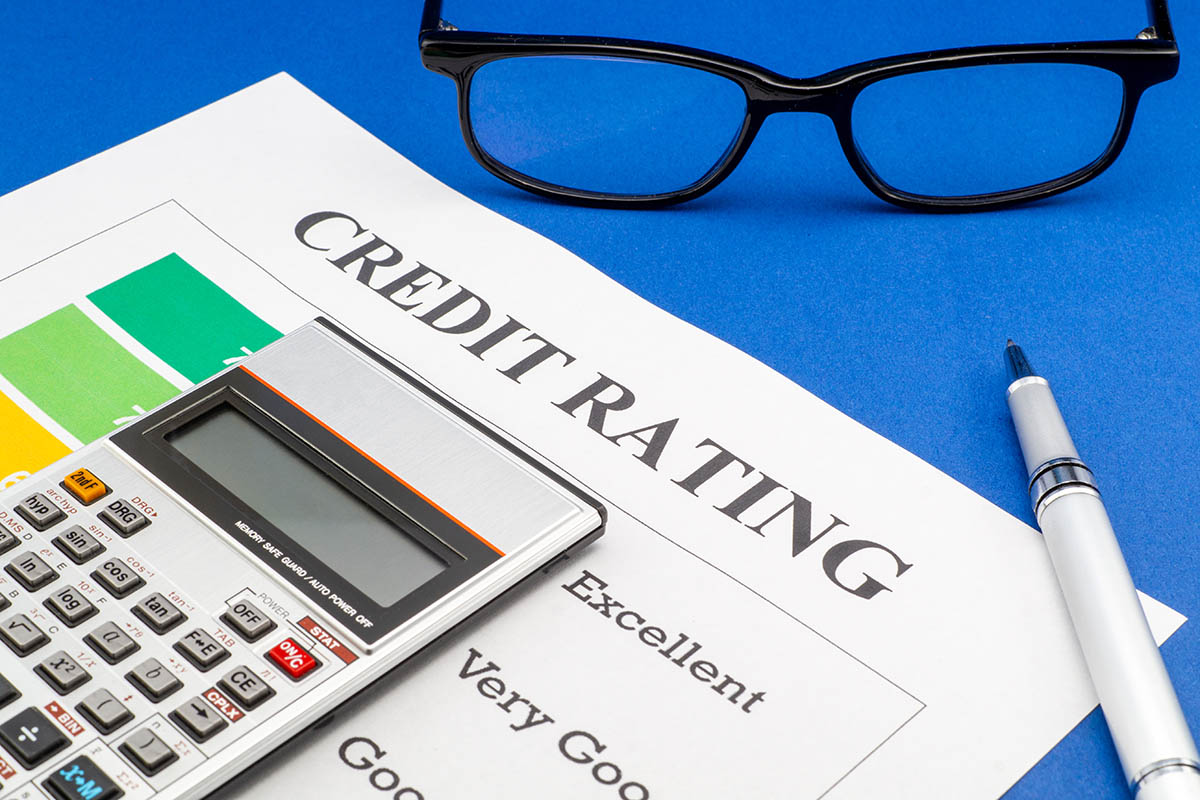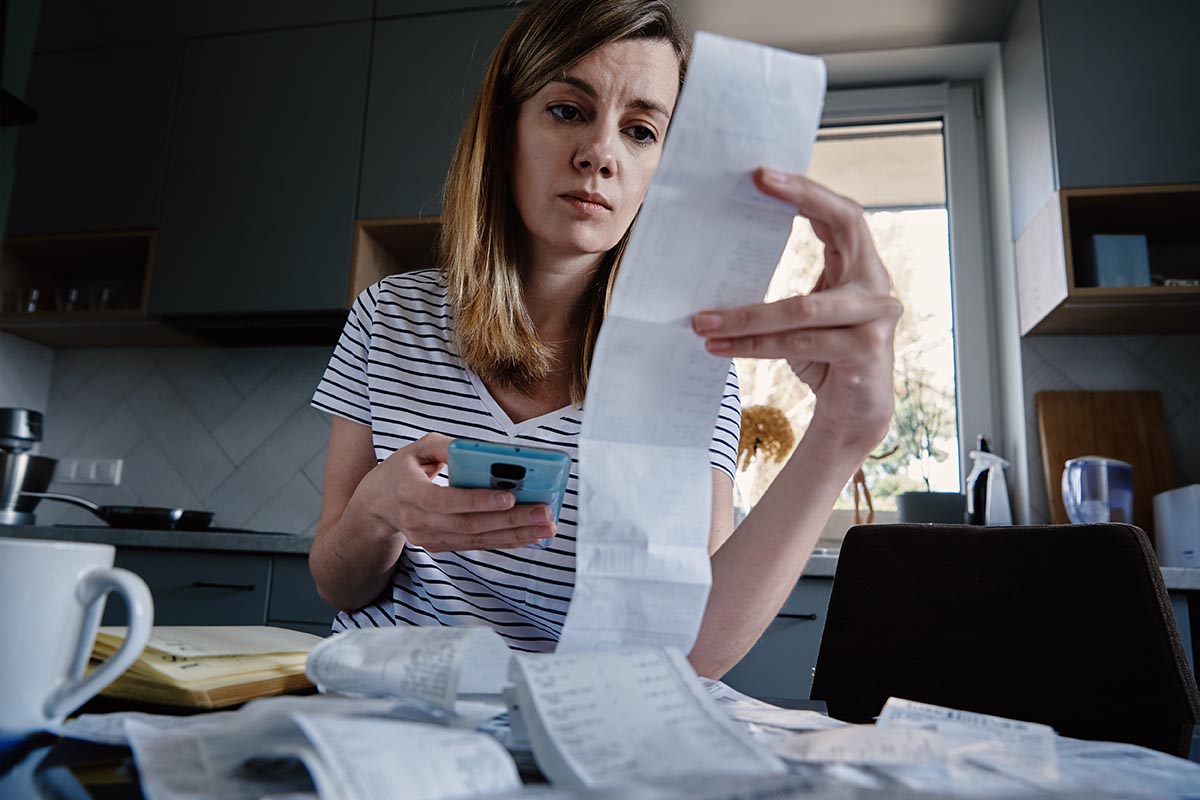How to Prove a Debt is Not Yours
With over a billion calls made every year, debt collectors do make mistakes. However, given they’re tasked with tracking down those who haven’t paid their bills — for whatever reason — they aren’t likely to be the most trusting people in the world.
Therefore, you have to be vigilant, both in terms of monitoring your credit history and insisting anyone who contacts you about a debt be ready to prove the veracity of their claim.
It’s also good to know what to do when you’re convinced they’re mistaken.
To that end, here’s how to prove a debt isn’t yours.
Keep a Close Eye on Your Credit Report
You’re entitled — by law — to one free copy of each of your three credit reports every year. America’s big three credit reporting agencies make these available at AnnualCreditReport.com.
However, nobody says you have to take all three at once. If you take them one at a time, every four months, you’ll get a snapshot of your credit activity three times each year. This positions you to catch changes before they’re too far gone. You’ll also know when you’re dealing with an ill-informed collections call right away.
Gather as Much Data as Possible
Never take responsibility for debt when you get the first collection call. Instead, ask for all of the corroborating information the caller has on hand —without accepting liability for the debt. Say something along the lines of:
“I have no recollection of that, but to help me figure out what’s going on here, would you please answer the following questions?”
- What’s your name?
- What company do you represent?
- Would you please provide a street address and a direct telephone number?
- What is the amount owed?
- Who is the current creditor?
- Who was the original creditor?
- What was the amount of the original obligation?
- When did it occur?
- When was the last payment made?
How to Prove a Debt is Not Yours: Statute of Limitations
That last question above is critical. Collectors have a finite window within which they can take legal action against a debtor. If that period has passed and they can get you to admit ownership of the debt, the clock starts again.
Therefore you want to be very careful to avoid accepting liability for any debt until you know for certain it’s yours and the interval within which they can take you to court has not elapsed.
Request Validation and Contact the Original Creditor
With those questions answered, ask for a debt validation letter if you’re certain the debt isn’t yours.
This document should outline how much money is owed, the name of the creditor, and what to do if you don’t owe the money. Tell them you’d appreciate them refraining from contacting you until you get back to them.
Also, ask them to provide:
- A copy of the original debt contract with your signature.
- Documentation such as the last statement or bill.
- A copy of the collectors’ license to operate in your state.
You’ll have to write this request using certified mail with tracking and delivery verification. Once you’ve done so, the debt collector has to desist all collection activity until they can prove you owe the debt and they’re within their rights to collect.
In the meantime, contact the original creditor and ask them to verify the claim the collections agent has made.
If they cannot, ask them to take steps to set the record straight. On the other hand, if it turns out you somehow overlooked the debt, availing yourself of some form of debt relief can be a good way to resolve it.
Otherwise—
Send a Dispute Letter
Upon receiving the validation letter from the collector, send a dispute letter, stating the debt isn’t yours.
You’ll find sample letters at the Federal Trade Commission’s Consumer Information site describing the information you’ll need to provide to support your assertion. This should correct the situation in most instances.
However, if a collector continues to pursue you regarding a debt you don’t owe, report them to the Consumer Financial Protection Bureau.





















